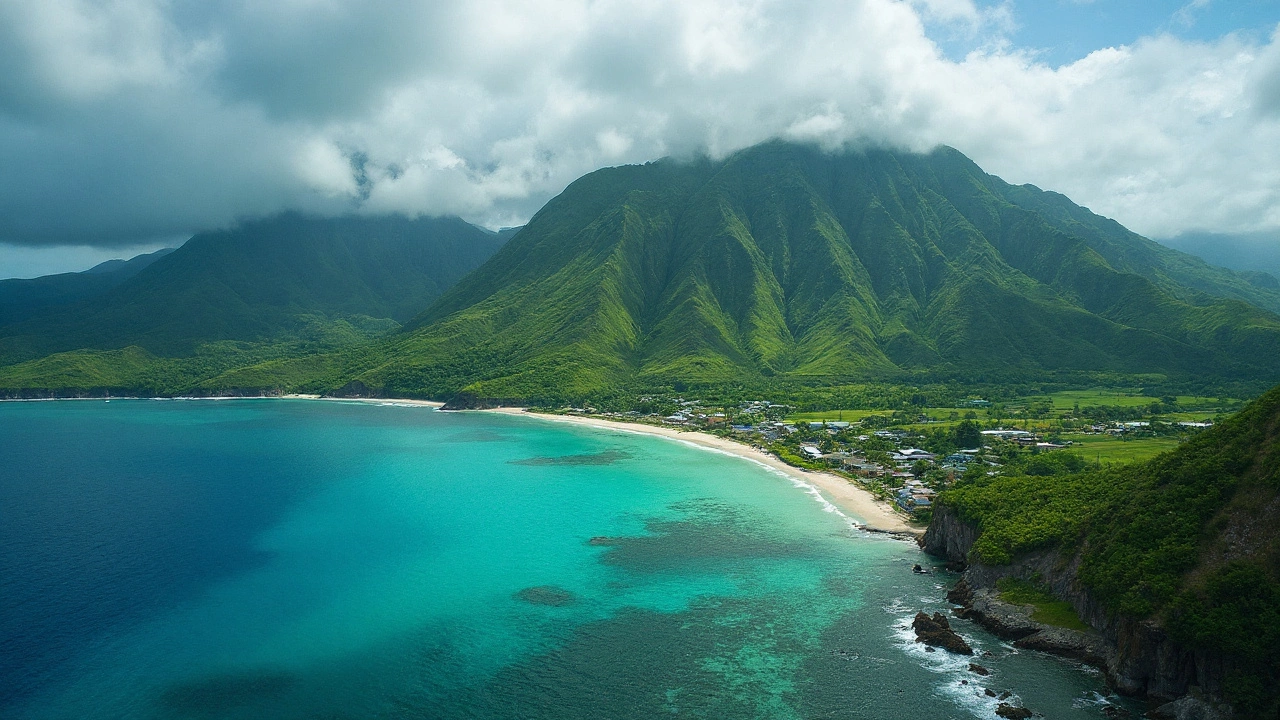Pago Pago is the capital of American Samoa and sits on one of the deepest natural harbors in the Pacific. It’s a small place with a big identity: US territory, Samoan culture, and lush volcanic landscapes within a short drive. If you’ve heard the name and wondered what’s worth knowing, here are the practical points that matter whether you’re reading the news or planning a trip.
Location and status matter. Pago Pago lies on Tutuila Island and is part of American Samoa, which answers to the United States but keeps its own local laws and customs. English and Samoan are both common. The currency is the US dollar, so you don’t need currency exchange tricks if you’re coming from the US.
Time zone surprises a few people. American Samoa uses UTC−11, which is nearly a day behind many places in Asia and the Pacific. That makes scheduling calls and flights tricky if you’re coordinating across time zones. Double-check local time before you book or call.
Flights usually arrive at Pago Pago International Airport (PPG). Major regional connections include Honolulu and Apia (Samoa). Flight options can be limited, so plan multi-leg travel and allow buffer time for delays. Check baggage rules and seasonal schedules—some routes run only a few times a week.
Visas and entry rules are special here. Although American Samoa is a US territory, entry rules differ from mainland US. Always check the latest entry and permit requirements before you go; rules can change based on your nationality. Carry your passport and any travel paperwork, and keep copies stored online.
Nature is the biggest draw. The National Park of American Samoa offers short hikes, coastal views, and snorkeling spots that feel remote and unspoiled. In town, the Pago Pago harbor area has markets and local eateries where you can try Samoan dishes. If you like fishing, boat trips and coastal walks are easy to arrange.
Respect local customs. Fa’a Samoa—the Samoan way—shapes daily life. Dress modestly for church services, remove shoes where requested, and be polite and patient. A small gesture of respect goes a long way in local communities.
Health and safety are simple common-sense issues. Mosquito protection helps during humid months. Tap water is generally treated, but many visitors prefer bottled water for peace of mind. Carry basic medicines; pharmacies are available but may have limited stock for specialized drugs.
Why should a Delhi reader care? Pago Pago shows how small Pacific capitals connect to global trade, travel routes and cultural exchange. Stories from places like Pago Pago can explain shipping news, regional flights, environmental concerns, or unique cultural events that reach beyond their shores.
If you want short updates or practical guides about Pago Pago, use this tag to track news, travel tips, and local stories. It’s a handy way to follow a part of the Pacific that often flies under the radar but pops up in interesting ways.

Far from mass tourism, American Samoa blends wild rainforests, world-class reefs, and a living Polynesian culture. Explore the National Park, tranquil Ofu Beach, and Pago Pago’s deep harbor, then dive Fagatele Bay and join village life guided by Fa’a Samoa. Here’s what to see, when to go, and how to move around this remote U.S. territory without crowds.